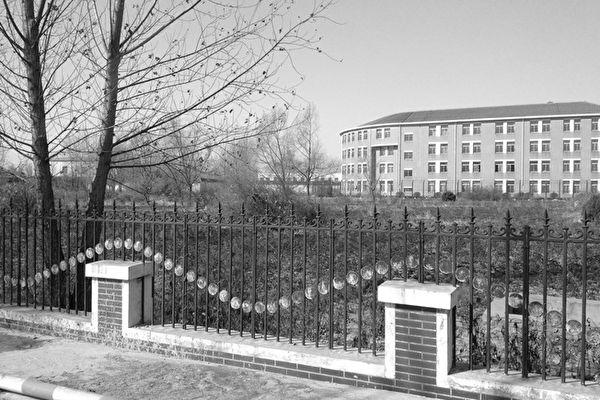Commentary
The Chinese regime is purging the political and legal system before its 20th national congress convenes later this year. As part of the clean-up, another senior police officer in China’s northern Liaoning Province was recently put under investigation.





